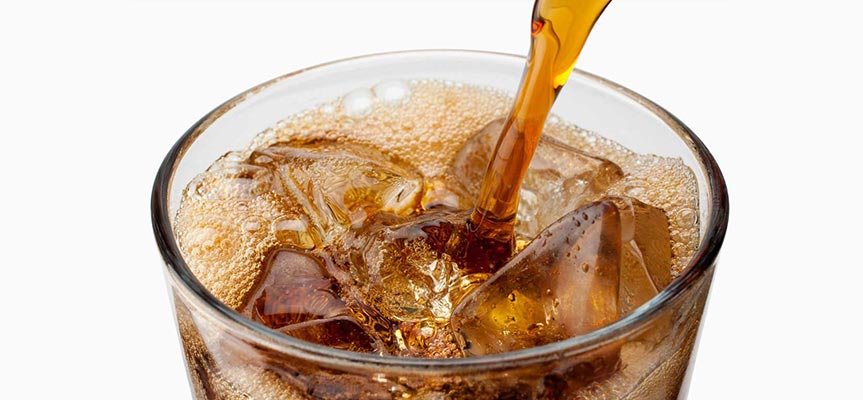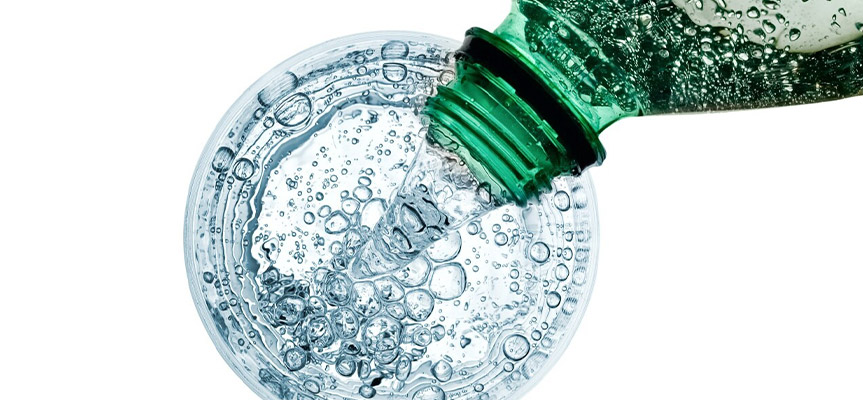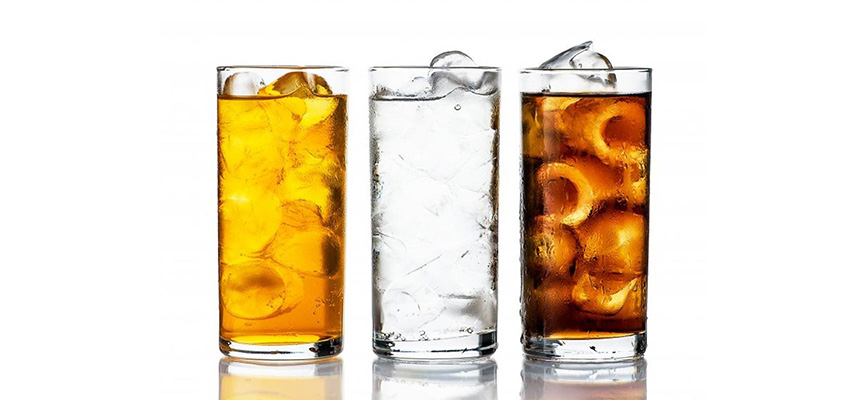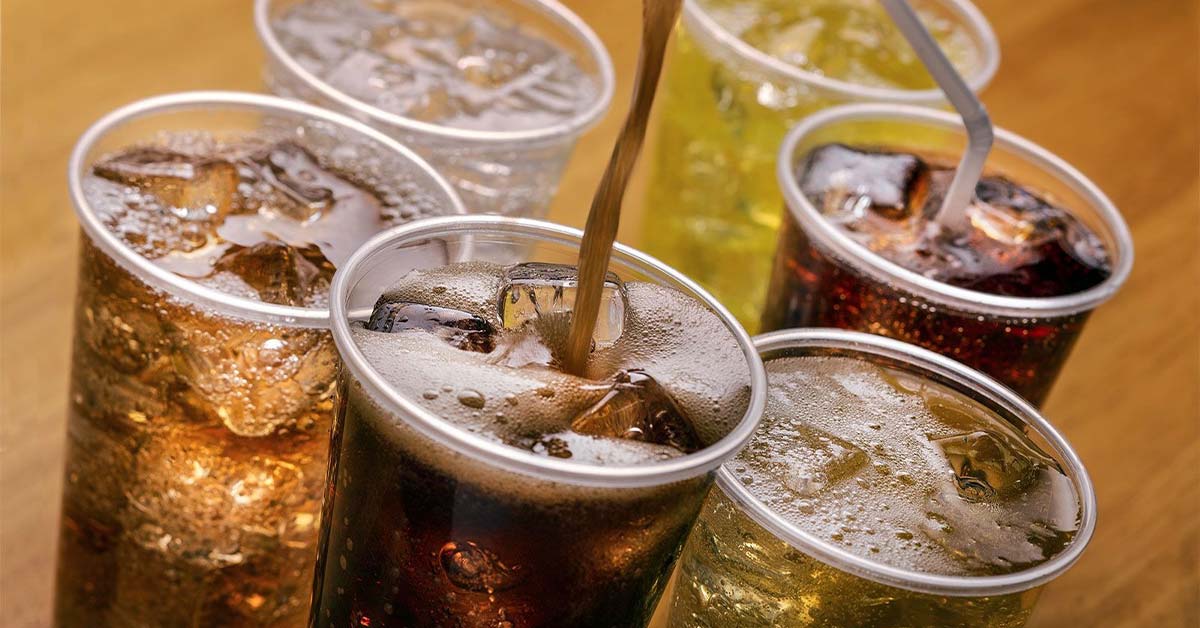CO2 Stabilizer is essential in preserving the effervescence that gives carbonated drinks their signature sparkle and refreshing mouthfeel. While many enjoy the fizzy sensation without a second thought, it takes precise scientific and engineering expertise maintain CO2 stability in soft drinks. This stability not only shapes the drink’s flavor and texture but also directly influences customer satisfaction and the overall success of beverage brands.
This article comprehensively explores the importance of CO2 stabilizers in soft drinks, the sensory characteristics of carbonated beverages, and innovative methods to enhance CO2 and foam stability. Whether you own a beverage company, manage a startup, or research food additives, this content will help you deepen your scientific understanding and advance toward better and more stable product formulation and production.
What Is a CO2 Stabilizer in Soft Drinks?
A CO2 stabilizer in soft drinks is a type of food additive used to retain and maintain carbon dioxide (CO2) in the carbonated beverage solution. These stabilizers prevent rapid CO2 release and help the drink retain CO2 while producing an appropriate foam, which indicates freshness and product quality
These substances not only help preserve the CO2 but also stabilize the foam and prevent color and flavor degradation

The Importance of CO2 Stability in Carbonated Drinks
Carbonated drinks acquire a sharp and distinctive taste due to carbon dioxide, which conveys a sensation of freshness. If the CO2 dissipates quickly, the product’s flavor diminishes, and sensory features—such as the cooling sensation and carbonation—drop significantly, causing consumer dissatisfaction
CO2 stability means preserving these sensory qualities over time, ultimately leading to increased sales and customer loyalty
The Role of Foam Stabilizers in Enhancing Product Quality
Foam, especially in malt beverages and energy drinks, is a critical factor in the consumer experience. Foam stabilizers ensure the foam remains stable and does not collapse quickly. Stable foam indicates high product quality and enhances the perception of freshness
Using foam stabilizers in non-alcoholic malt beverages is a prime example of successful additive application in preserving product quality
Types of CO2 Stabilizers in Soft Drinks
The beverage industry uses various stabilizers, generally classified into two main categories: natural additives and chemical additives
Natural stabilizers: Include protein substitutes, natural polysaccharides, and novel food additives like pectins and albumins, which increase CO2 stability while improving sensory properties
Chemical stabilizers: Such as surfactants and organic acids, which help control and retain CO2 but may have side effects on taste
CO2 Stabilizers in Energy Drinks: Challenges and Solutions
Energy drinks, due to their unique components (like caffeine and high sugar), face greater challenges in maintaining CO2 stability. CO2 stabilizers for energy drinks must be compatible with the product’s formulation to increase CO2 retention without adversely affecting flavor
Innovative solutions include natural protein-based or polysaccharide-based compounds that simultaneously enhance sensory characteristics of carbonated beverages

The Role of Food Color Stabilizers in Carbonated Beverages
One common issue in carbonated drinks is color change over time. Food color stabilizers preserve color stability and prevent oxidation, keeping the beverage’s appearance fresh and attractive. For example, Brilliant Blue color stabilizer is widely used in beverages to maintain color and product appeal
Natural Beverage Additives and Their Role in CO2 Stabilization
Natural beverage additives, including plant extracts, natural proteins, and fruit-derived polysaccharides, are considered healthier and more environmentally friendly options for stabilizing CO2 and foam in soft drinks
Using these additives in sustainable formulations not only maintains CO2 stability but also enhances sensory properties and product health benefits
Strategies for CO2 Stabilization in Carbonated Drinks
Stable beverage additive formulations: Intelligent use of natural and chemical compounds to preserve CO2
Temperature and pressure control during production and packaging: Reducing CO2 loss throughout processing stages
Improvement of glass or bottle formulations: Using innovative packaging that prevents CO2 escape
Use of protein substitute compounds: That help increase foam and CO2 stability
?What Should We Know About Natural Stabilizers for Beverages
Natural stabilizers are compounds extracted from plant or animal sources. Besides enhancing CO2 stability, these materials have antioxidant properties and improve flavor. These additives are especially suitable for brands like Grownida that seek healthy and innovative solutions
The Impact of Stabilizers on Improving Sensory Properties of Soft Drinks
Sensory properties of beverages include taste, aroma, color, and mouthfeel. CO2 and foam stabilizers not only retain carbonation but also ensure these features remain consistent over time, resulting in a more pleasant and satisfying consumer experience
The Importance of Sodium Reduction in Processed Beverages
A major concern in beverage formulation is reducing sodium content. Excess sodium negatively affects health and can impact CO2 stability and flavor. Using natural additives and modern stabilizers helps maintain CO2 stability without increasing sodium levels
Foam Stabilizer for Non-Alcoholic Malt Beverage: Application and Benefits
Non-alcoholic malt is a popular drink where foam stability is crucial. Foam stabilizers keep the foam quality high and lasting without altering flavor or color
Brilliant Blue Color Stabilizer in Beverages: Key Points
This color stabilizer is highly used in carbonated drinks for its excellent stability and attractive color. Proper use ensures color retention across different temperatures and extended storage

Formulation of Stable Beverage Additives
Additive formulations should be based on stability, health, and sensory criteria. Brands like Grownida at the Grownida Innovation Center focus on developing intelligent and sustainable formulations that maintain quality while meeting modern consumer needs
The Future of CO2 Stabilizers and Novel Additives in the Beverage Industry
With advances in material science and biotechnology, the use of natural stabilizers and novel food additives is rapidly growing. These materials not only enhance product longevity and quality but also support consumer health and environmental sustainability. Leading companies like Grownida are at the forefront of this development
Conclusion
CO2 stabilizers and related additives are indispensable parts of the modern beverage industry. CO2 stability is not just a technical issue but directly linked to customer satisfaction, branding, and commercial success. Innovative solutions and natural additives combined with precise formulations are the keys to improving the quality and durability of carbonated beverages
If you aim to improve your product’s quality and shelf life, paying special attention to stabilizers and employing modern technologies is a wise investment for your brand’s future
Frequently Asked Questions
What Is a CO2 Stabilizer and Why Is It Essential?
A CO2 stabilizer is an additive that helps retain carbon dioxide in soft drinks, preserving the taste and sensory qualities of the product.
What Are the Innovative Solutions for Enhancing CO2 Stability in Soft Drinks?
Using natural and protein-based compounds, controlling production conditions, and optimizing packaging are key strategies.
What Are the Challenges of CO2 Stabilization in Energy Drinks?
Due to special ingredients like caffeine and high sugar content, maintaining carbonation in energy drinks is more difficult. Using natural stabilizers based on proteins or polysaccharides is an effective way to preserve carbonation without altering the taste.
How Do Stabilizers Improve the Sensory Qualities of Soft Drinks?
Stabilizers help retain carbon dioxide, which enhances the flavor, aroma, and mouthfeel, leading to a better consumer experience.
What Is the Role of Sodium Reduction in Soft Drink Formulation?
Reducing sodium not only supports consumer health but also helps maintain carbonation and improve flavor. Natural additive alternatives offer a practical solution for sodium reduction

